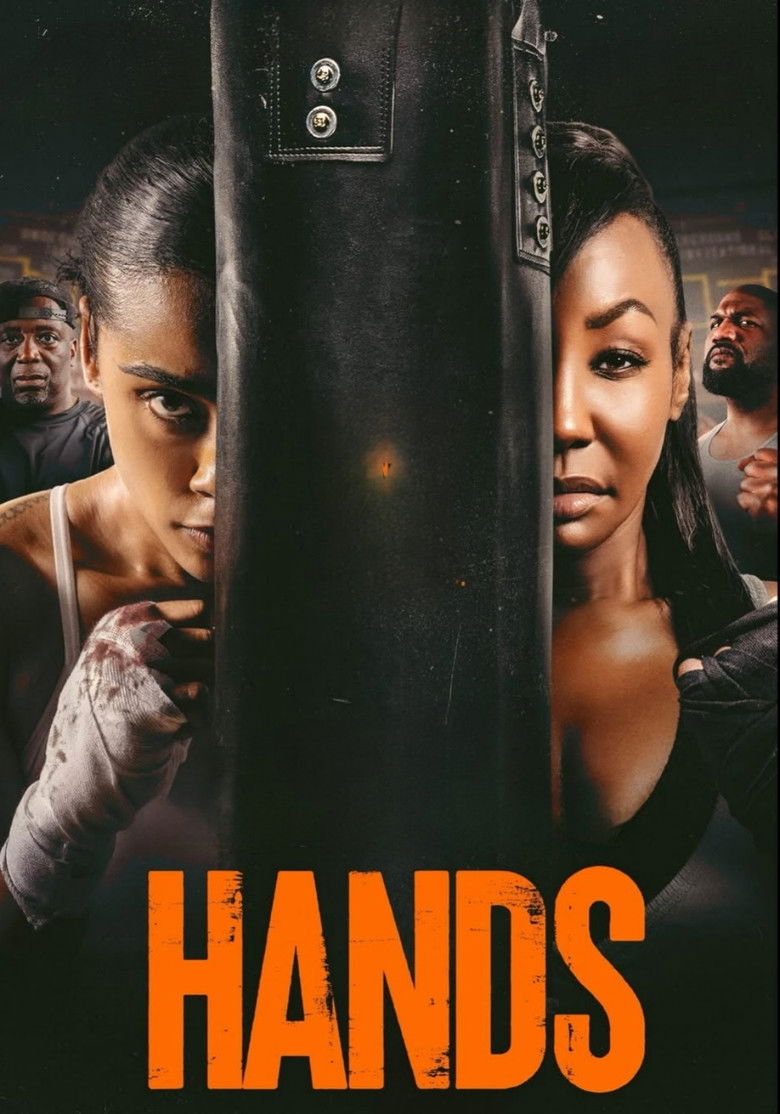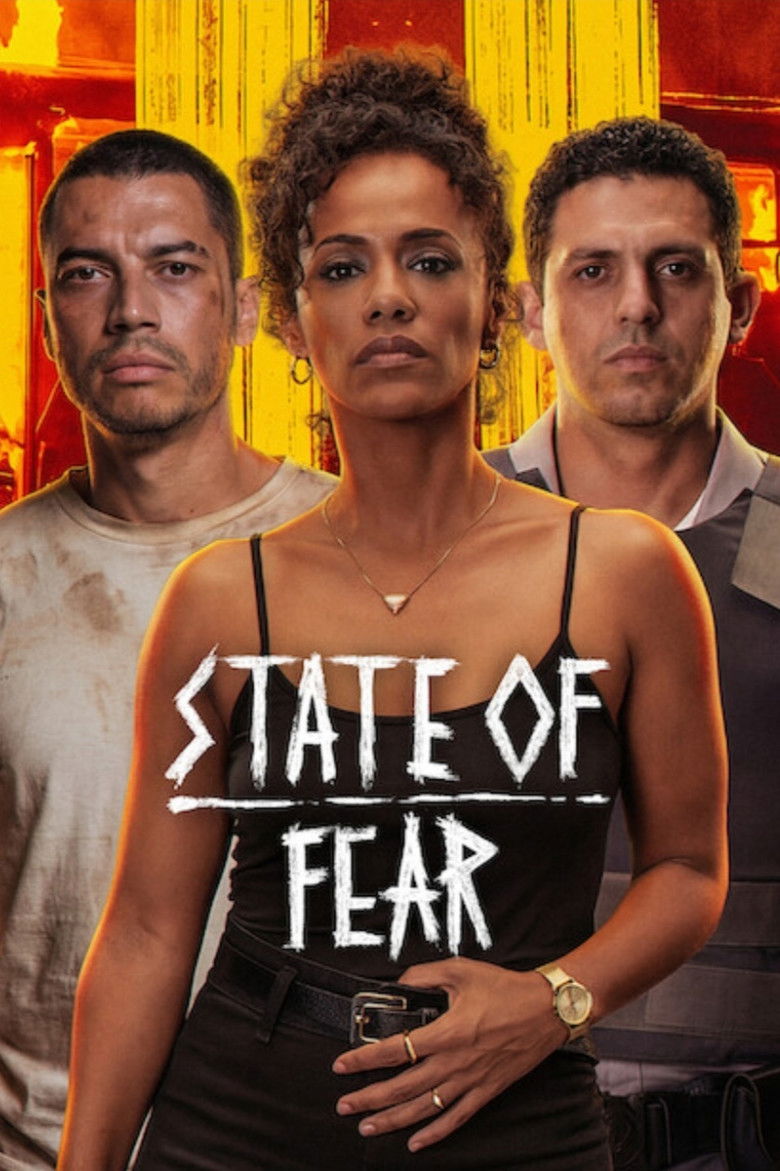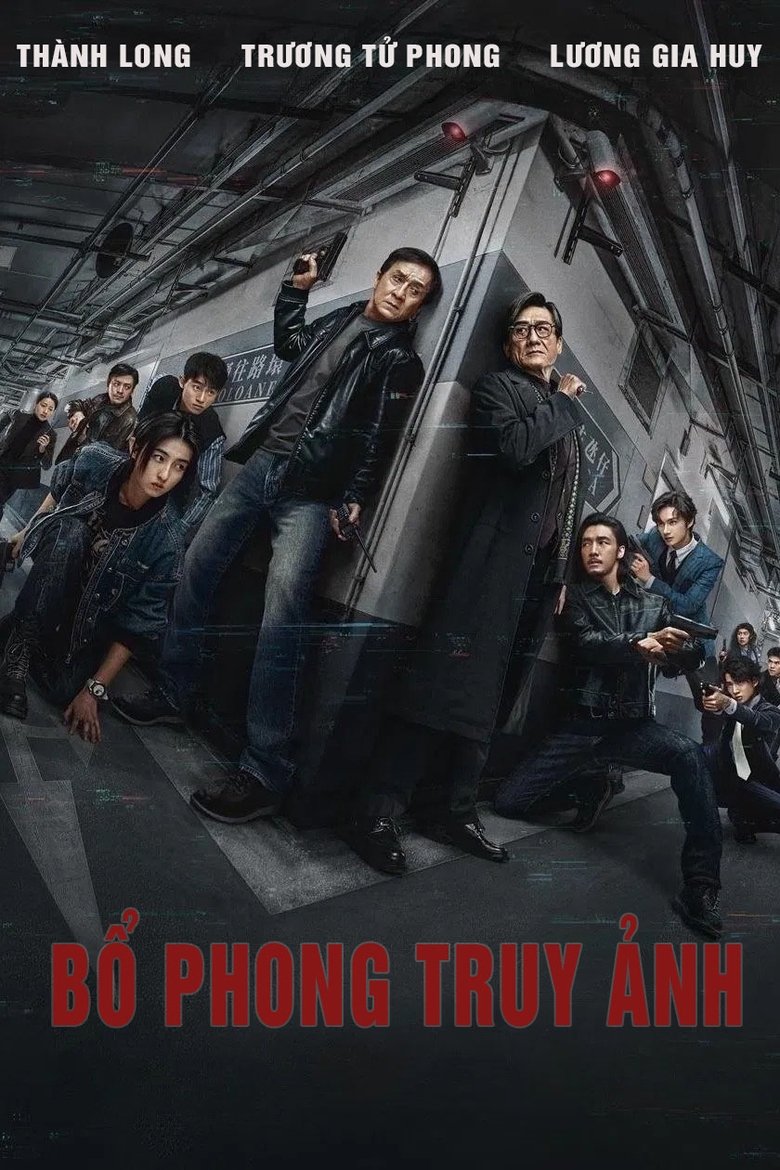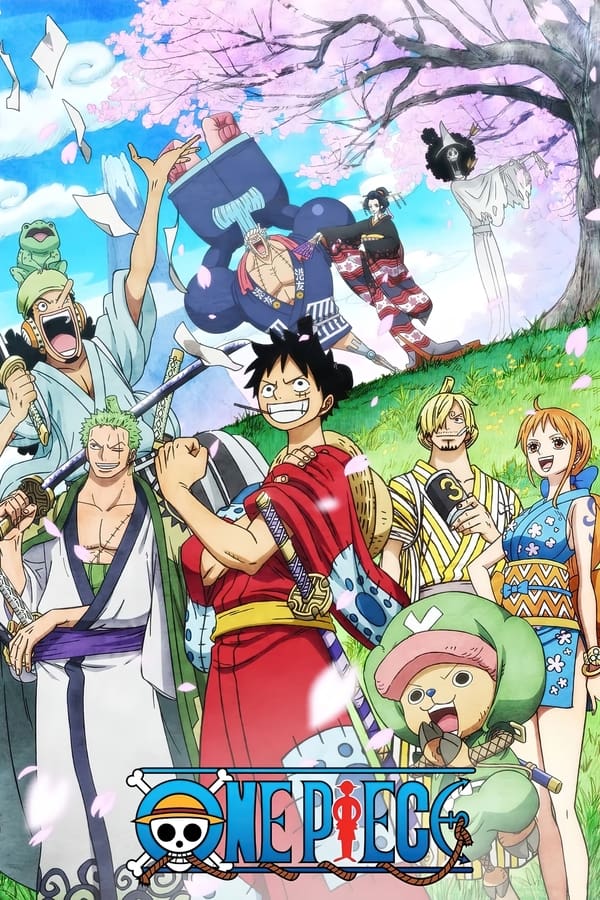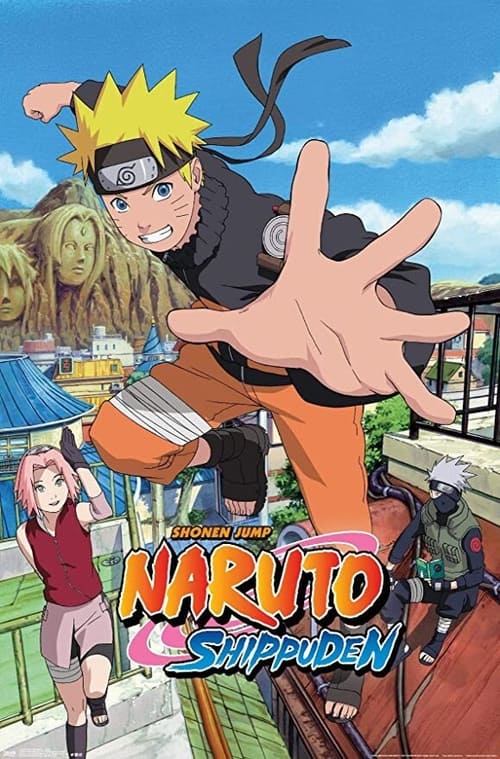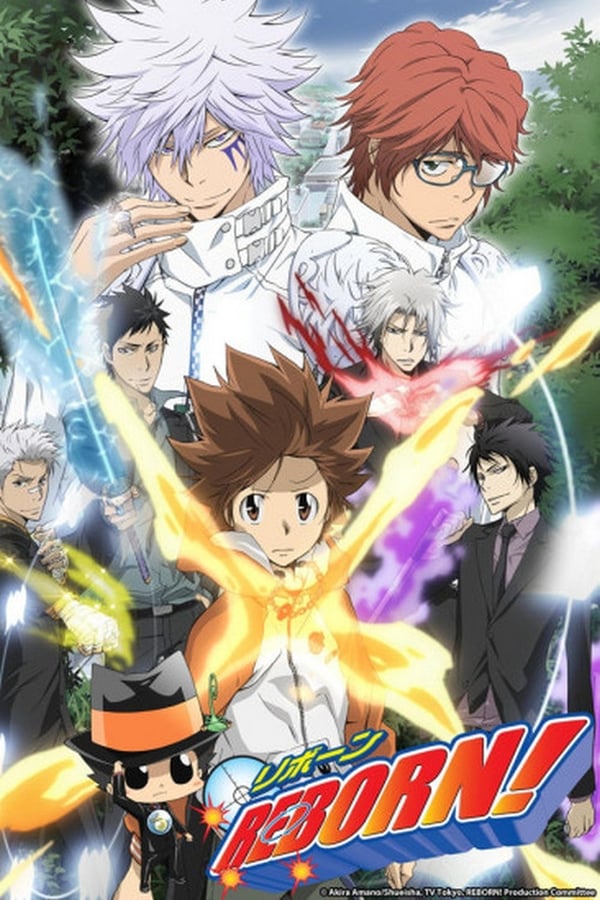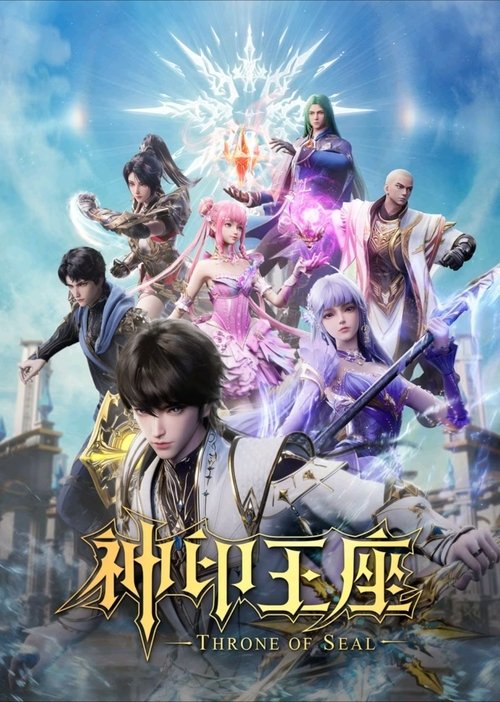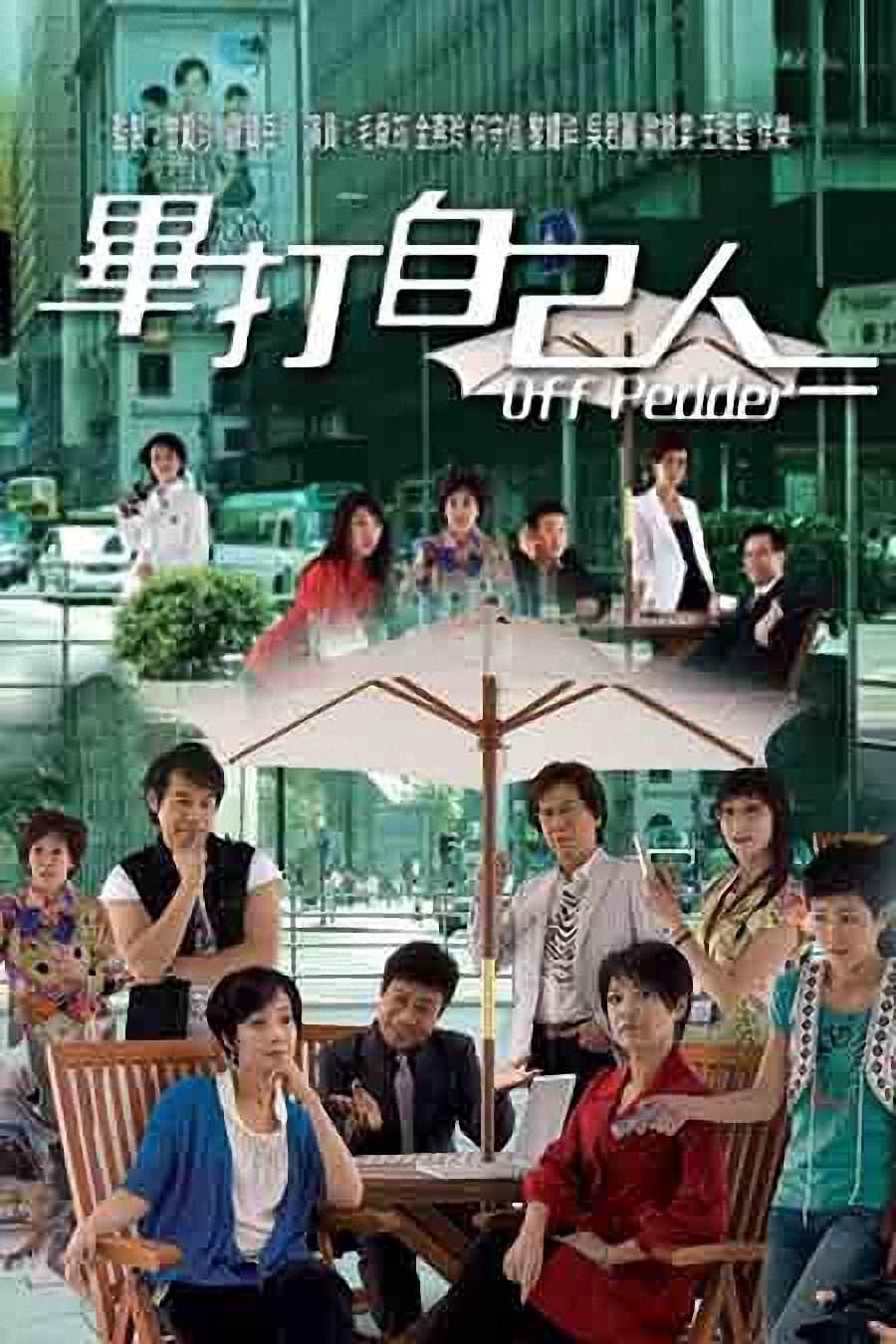Teenage Mutant Ninja Turtles
"Teenage Mutant Ninja Turtles" – An Odyssey of Heroes
In the annals of cinema, some films transcend their genres, becoming cultural phenomena that define an era. "Teenage Mutant Ninja Turtles," the 1990 cinematic adaptation of the beloved comic book and animated series, belongs to this elite category. The film's genius lies not only in its flawless blend of action, comedy, and adventure but also in its ability to capture the imaginations of viewers worldwide. As I delve into the world of Leonardo, Michelangelo, Donatello, and Raphael, I find myself enamored by their martial arts prowess, their camaraderie, and their unwavering dedication to thwarting evil. This review, inspired by the inimitable Pauline Kael, delves deep into the sewers of New York City and emerges with insights that reveal why "Teenage Mutant Ninja Turtles" is an enduring cinematic masterpiece.
The Birth of Heroes: Teenage Mutant Ninja Turtles
At its core, "Teenage Mutant Ninja Turtles" is a story of transformation, both literal and metaphorical. Four ordinary turtles, thrust into the crucible of a mysterious mutagenic ooze, evolve into extraordinary anthropomorphic heroes. The turtles, named after Renaissance painters Leonardo, Michelangelo, Donatello, and Raphael, become adept in the art of ninjitsu under the guidance of their wise sensei and father figure, Splinter.
In the underbelly of New York City, these teenage turtles navigate their newfound existence, cloaked in the shadows, leaing not only the art of combat but also the values of family, loyalty, and honor. This dichotomy between their teenage exuberance and their ninja training adds depth to their characters, making them relatable to audiences of all ages.
Shredder and the Foot Clan: The Quintessential Villains
Every great hero needs an equally great nemesis, and in "Teenage Mutant Ninja Turtles," we are introduced to the iconic villain, Shredder. Oroku Saki, also known as Shredder, is a malevolent force, a cunning strategist, and a master of martial arts. He leads the Foot Clan, a criminal organization bent on dominating New York City through fear and chaos.
The conflict between Shredder and the turtles is the film's driving force. Shredder's insidious plans to corrupt the youth of the city by distributing a dangerous narcotic, "The Foot," sets the stage for an epic showdown. As Kael herself would appreciate, it's the tension between good and evil that propels the narrative, leaving us on the edge of our seats.
The Heart of the Turtles: Camaraderie and Character
What distinguishes "Teenage Mutant Ninja Turtles" from other action-adventure films is the genuine camaraderie among the characters. Each turtle possesses a distinct personality: Leonardo is the disciplined leader, Michelangelo is the carefree party animal, Donatello is the tech-savvy intellectual, and Raphael is the fiery and rebellious spirit.
Their banter, their sibling-like rivalry, and their shared dedication to their mission are the soul of the film. It's the moments of levity, such as Michelangelo's love for pizza or Raphael's one-liners, that breathe life into the story. This rich character development allows the audience to connect with the turtles on a profound level, tuing them into enduring pop culture icons.
The Technological Marvel: Bringing Turtles to Life
In 1990, the state of the art in visual effects was quite different from today's CGI extravaganzas. "Teenage Mutant Ninja Turtles" employed a mix of practical effects and puppetry to bring the turtles to life. Jim Henson's Creature Shop worked its magic, creating animatronic suits that allowed for expressive facial movements.
While mode audiences may be accustomed to the seamless integration of computer-generated characters, the tactile realism of the turtle costumes is a testament to the film's dedication to its craft. The turtles' movements are fluid, their expressions are emotive, and their presence is palpable. Kael, a staunch advocate for innovative filmmaking techniques, would undoubtedly appreciate the artistry behind this achievement.
The Global Phenomenon: From Screen to Merchandising
"Teenage Mutant Ninja Turtles" transcended the confines of the silver screen to become a global cultural phenomenon. The film's success paved the way for a vast array of merchandise, from action figures and video games to comics and fast-food tie-ins. The turtles' infectious charm and relatability made them a sensation not just in the United States but worldwide.
In the spirit of Kael's appreciation for cultural impact, it's impossible to understate the ripple effect that "Teenage Mutant Ninja Turtles" had on popular culture. It sparked a generation's imagination, inspiring countless fans to explore martial arts, comic books, and the power of camaraderie.
Conclusion: "Teenage Mutant Ninja Turtles" – A Masterpiece for All Ages
In the grand tapestry of cinema, "Teenage Mutant Ninja Turtles" stands as a testament to the enduring power of storytelling and character. It's a film that transcends the boundaries of its genre and resonates with audiences of all ages. With its unforgettable heroes, formidable villains, and timeless themes, it continues to capture the hearts of new generations.
Pauline Kael, renowned for her ability to appreciate both the art and entertainment value of films, would undoubtedly applaud the enduring legacy of "Teenage Mutant Ninja Turtles." It's not just a movie; it's an odyssey of heroes that reminds us of the transformative power of camaraderie, family, and the unwavering fight against evil. As we revisit this cinematic gem, we are reminded that heroes in a half shell are timeless, and their legend lives on.

Teenage Mutant Ninja Turtles
-
Status:
- Full HD - Multi-Subtitles
- Kevin Eastman, Peter Laird, Bobby Herbeck
Directors: Steve Barron
Actors: Judith Hoag, Elias Koteas, Josh Pais, David Forman, Brian Tochi, Leif Tilden, Corey Feldman, Michelan Sisti, Robbie Rist, Kevin Clash, James Saito, David McCharen, Toshishiro Obata, Michael McConnohie, Michael Turney, Jay Patterson, Raymond Serra, Sam Rockwell
Genres: Movies, Comedy, Adventure,
Country: U.S,
Time: 1 hours 33 minutes
Release Year: 1990
Productors:
"Teenage Mutant Ninja Turtles" – An Odyssey of Heroes
In the annals of cinema, some films transcend their genres, becoming cultural phenomena that define an era. "Teenage Mutant Ninja Turtles," the 1990 cinematic adaptation of the beloved comic book and animated series, belongs to this elite category. The film's genius lies not only in its flawless blend of action, comedy, and adventure but also in its ability to capture the imaginations of viewers worldwide. As I delve into the world of Leonardo, Michelangelo, Donatello, and Raphael, I find myself enamored by their martial arts prowess, their camaraderie, and their unwavering dedication to thwarting evil. This review, inspired by the inimitable Pauline Kael, delves deep into the sewers of New York City and emerges with insights that reveal why "Teenage Mutant Ninja Turtles" is an enduring cinematic masterpiece.
The Birth of Heroes: Teenage Mutant Ninja Turtles
At its core, "Teenage Mutant Ninja Turtles" is a story of transformation, both literal and metaphorical. Four ordinary turtles, thrust into the crucible of a mysterious mutagenic ooze, evolve into extraordinary anthropomorphic heroes. The turtles, named after Renaissance painters Leonardo, Michelangelo, Donatello, and Raphael, become adept in the art of ninjitsu under the guidance of their wise sensei and father figure, Splinter.
In the underbelly of New York City, these teenage turtles navigate their newfound existence, cloaked in the shadows, leaing not only the art of combat but also the values of family, loyalty, and honor. This dichotomy between their teenage exuberance and their ninja training adds depth to their characters, making them relatable to audiences of all ages.
Shredder and the Foot Clan: The Quintessential Villains
Every great hero needs an equally great nemesis, and in "Teenage Mutant Ninja Turtles," we are introduced to the iconic villain, Shredder. Oroku Saki, also known as Shredder, is a malevolent force, a cunning strategist, and a master of martial arts. He leads the Foot Clan, a criminal organization bent on dominating New York City through fear and chaos.
The conflict between Shredder and the turtles is the film's driving force. Shredder's insidious plans to corrupt the youth of the city by distributing a dangerous narcotic, "The Foot," sets the stage for an epic showdown. As Kael herself would appreciate, it's the tension between good and evil that propels the narrative, leaving us on the edge of our seats.
The Heart of the Turtles: Camaraderie and Character
What distinguishes "Teenage Mutant Ninja Turtles" from other action-adventure films is the genuine camaraderie among the characters. Each turtle possesses a distinct personality: Leonardo is the disciplined leader, Michelangelo is the carefree party animal, Donatello is the tech-savvy intellectual, and Raphael is the fiery and rebellious spirit.
Their banter, their sibling-like rivalry, and their shared dedication to their mission are the soul of the film. It's the moments of levity, such as Michelangelo's love for pizza or Raphael's one-liners, that breathe life into the story. This rich character development allows the audience to connect with the turtles on a profound level, tuing them into enduring pop culture icons.
The Technological Marvel: Bringing Turtles to Life
In 1990, the state of the art in visual effects was quite different from today's CGI extravaganzas. "Teenage Mutant Ninja Turtles" employed a mix of practical effects and puppetry to bring the turtles to life. Jim Henson's Creature Shop worked its magic, creating animatronic suits that allowed for expressive facial movements.
While mode audiences may be accustomed to the seamless integration of computer-generated characters, the tactile realism of the turtle costumes is a testament to the film's dedication to its craft. The turtles' movements are fluid, their expressions are emotive, and their presence is palpable. Kael, a staunch advocate for innovative filmmaking techniques, would undoubtedly appreciate the artistry behind this achievement.
The Global Phenomenon: From Screen to Merchandising
"Teenage Mutant Ninja Turtles" transcended the confines of the silver screen to become a global cultural phenomenon. The film's success paved the way for a vast array of merchandise, from action figures and video games to comics and fast-food tie-ins. The turtles' infectious charm and relatability made them a sensation not just in the United States but worldwide.
In the spirit of Kael's appreciation for cultural impact, it's impossible to understate the ripple effect that "Teenage Mutant Ninja Turtles" had on popular culture. It sparked a generation's imagination, inspiring countless fans to explore martial arts, comic books, and the power of camaraderie.
Conclusion: "Teenage Mutant Ninja Turtles" – A Masterpiece for All Ages
In the grand tapestry of cinema, "Teenage Mutant Ninja Turtles" stands as a testament to the enduring power of storytelling and character. It's a film that transcends the boundaries of its genre and resonates with audiences of all ages. With its unforgettable heroes, formidable villains, and timeless themes, it continues to capture the hearts of new generations.
Pauline Kael, renowned for her ability to appreciate both the art and entertainment value of films, would undoubtedly applaud the enduring legacy of "Teenage Mutant Ninja Turtles." It's not just a movie; it's an odyssey of heroes that reminds us of the transformative power of camaraderie, family, and the unwavering fight against evil. As we revisit this cinematic gem, we are reminded that heroes in a half shell are timeless, and their legend lives on.








